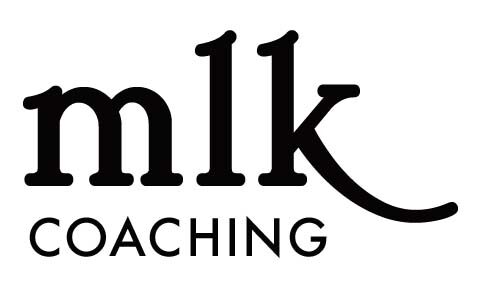 Poor communication is the number one factor that causes havoc in relationships whether at work, home or with love. Let’s look at some tips to better communication at work.
Poor communication is the number one factor that causes havoc in relationships whether at work, home or with love. Let’s look at some tips to better communication at work.
1. Avoid being passive aggressive – it gets you nowhere!
When you have a conflict at work with a team member, no matter what the reason, the worst thing you can do is to complain to your other teammates about the issue. It’s always better to address whatever the issue is directly with the person you are having a conflict with. By going directly to the person you are disgruntled with, you avoid resentment and bad ill will in the office. This gives you the opportunity to work things out without interference or influence from other team members.
What if you can’t resolve the issue?
If direct communication doesn’t resolve the issue, then it’s time to involve your immediate supervisor. Try to avoid being defensive and use “I” statements to state your position. Being assertive, not aggressive, will serve you best.
2. Active listening
One of my tricks when teaching communication skills is to write the word “Listen” on the whiteboard and then ask people what you need to do to be a good listener. The answer? Be silent! Being quiet or silent is the best way to listen to someone, I mean really listen to them.
To be a good listener one must also focus on what is being said. And notice what isn’t being said. How often have you been listening to someone and your mind is going a mile a minute thinking about what to make for dinner, when you have to pick up your son from school, whether the presentation went well at work – you get the point! Distractions are all around us. In order to truly listen openly, focus totally on the other person, their tone, pace and feelings expressed – what they say and how they say it.
Be aware when your mind wanders off and gently bring it back to being present. Coaches are trained to listen actively – it is a skill – and one that you can learn, once you bring some awareness to how and when you lose focus. Try active listening at both work and home. Notice what gets in the way of active listening and you may be surprised at the results you will get as you hone this skill. Relationships will deepen and you will see positive results in all your communications.
3. Positivity
Eighty percent attitude over 20% aptitude. Employers have said to me that they would be willing to train a new employee as long as they have the right attitude. And that right attitude is a positive can-do attitude. In 2005, the National Science Foundation published an article regarding research about daily human thoughts. The average person has about 12,000 to 60,000 thoughts per day. Of those, 80% are negative.
As human beings we are wired for negativity. But that doesn’t mean we have to succumb to the negativity. With awareness can come change. Here’s one simple perspective change that can affect you in a positive way. When faced with something you don’t want to do at work try on the perspective of “I get to”, versus “I have to” and observe what happens. This slight change can have amazing results. Remember, positivity and a sunny disposition are contagious and what manager doesn’t want that catching on within their team?
4. Solution-oriented
Offer solutions and avoid complaining. When you focus on solutions, rather than complaining, you will see better results—more creativity and cohesiveness on your team and less defensiveness and negativity. Be creative and open to new ideas and positive results and relationships will follow.
5. Professional, proactive
By being professional in all modes of communication at work you send a signal that professionalism and respect are important values of yours. What does professionalism look like? In emails, it is taking the time to ensure there are no spelling mistakes and that proper punctuation is being used. Direct and clear communication is always best.
In meetings, it means participating, listening to others and respecting their opinions—even if they differ from yours.
Professionalism means not blaming someone else when you make a mistake, but instead accepting responsibility and learning from your mistakes.
Business communication like all other communication takes work. Try out these tips to model better communication at work. They will reflect positively on you, which in turn could provide you with new opportunities and advancement in your job.
(Originally posted on Noomii Career Blog)
